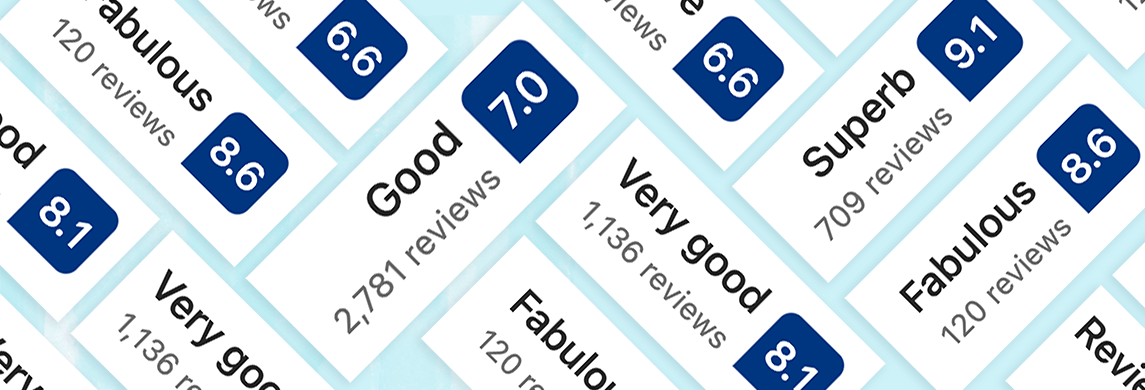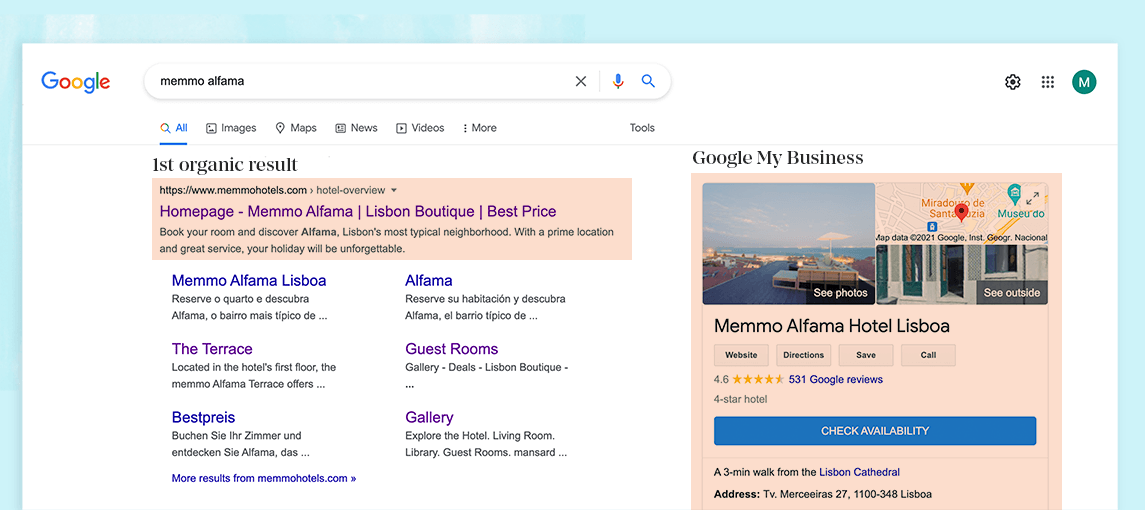
In today’s highly competitive online travel marketplace, it is vital that hotels understand who their consumers are and what their decision-making process entails when making hotel bookings.
NB: This is an article from guestcentric
However, the science behind the decision-making process involved in booking a hotel is by no means a straightforward matter. It’s driven by a range of important factors, including the customer profile, their personal preferences, and whether hotels meet these criteria. Navigating through these factors to increase direct sales can be a tough nut to crack for many hotels competing online.
Subscribe to our weekly newsletter and stay up to date
So what makes your hotel stand out to people booking their next holiday? Where do your prospective guests book and why? Read on to find the answers to these questions.
So, how does the hotel booking process start?
Choosing a hotel is not a 100% rational choice, it is also an emotional one. In fact, research published on HospitalityNet shows that booking a hotel is 59% driven by emotion, and 39% rational. Therefore, it’s extremely important to understand who your target guests are and how your business mix resonates with them.

So let’s assume a family of four is planning their leisure trip. Peter and Maria are a young couple with two children. They have already chosen a destination, and the flight must be no longer than two hours. With only accommodation left to book, they are looking for family-friendly hotels with beach and cultural activities.
Maria, who is now in charge of booking the family’s stay, follows the 3 steps below:
1. Researches Hotels via an OTA
Google research shows that when travelers start planning their trips, only 16% have decided which hotel to stay at. This isn’t the case for Maria, who at this stage also doesn’t know any hotels in the chosen holiday destination. For this reason, she decides to go to an OTA to see all their options. After selecting the destination and the dates, she adds two filters: 1. Price range according to their budget and 2. The hotels’ score is based on guest reviews.
What should you do to grab her attention?
In order for your hotel to be visible in the search results list, it is crucial that your availability is up-to-date. Your hotel score also plays an important role since it might be a discriminatory variable.

After carefully checking some hotels, their photos, room options, and reviews, Maria consolidates a shortlist of six properties. She proceeds to gather more information about these hotels, in order to make the best decision and leaves the OTA to find it.
2. Takes a Closer Look at Shortlisted Hotel Websites
A study by Fuel and Flip.to reveals that a staggering 87% of guests will visit a hotel’s website before making a reservation. Maria will start searching for her top 6 hotels on Google by copy-pasting your hotel name from the OTA.
How can you make your Website Easier to Find?
Is your hotel’s website listed in the first organic position for your hotel name on Google’s Search Engine Results (SERP) page? Is your hotel name consistent across all OTAs and your website? Is your Google My Business updated? These are very important factors to take into account to ensure your hotel website is easily accessible.

Unable to find two of her shortlisted hotels in the first positions on Google’s SERP, and discovering that the third website is not marked as secure with HTTPS in the domain, Maria eliminates these three hotels from her shortlist. She then begins to compare the remaining hotel websites – including yours.




